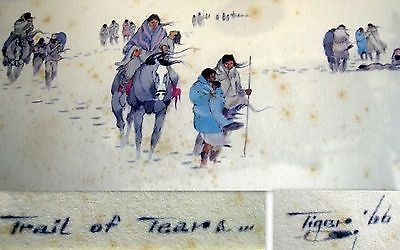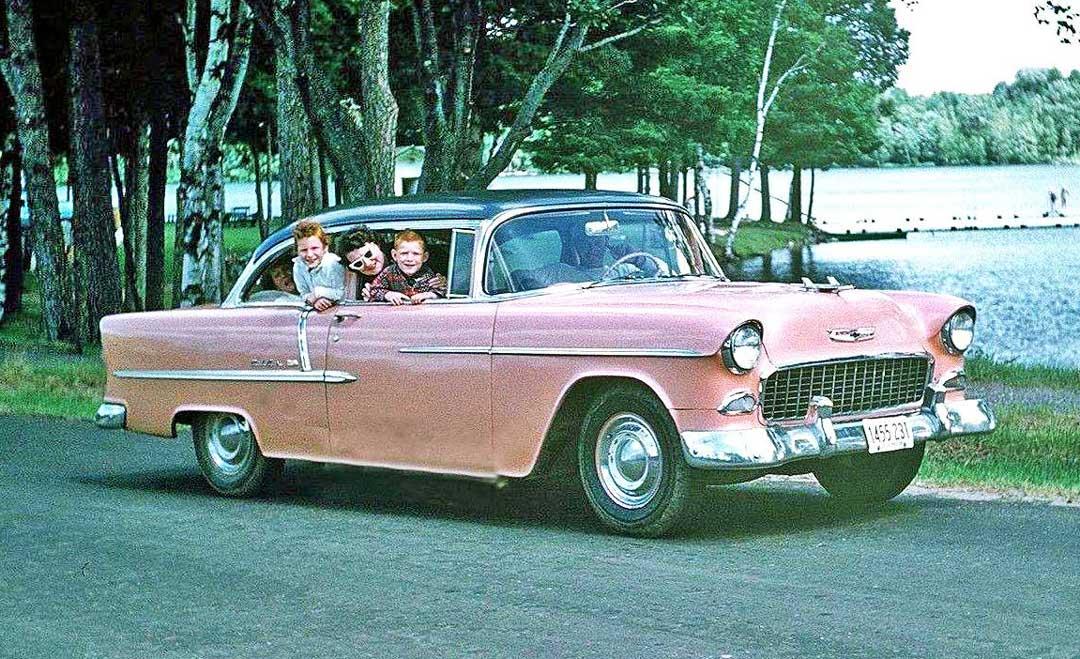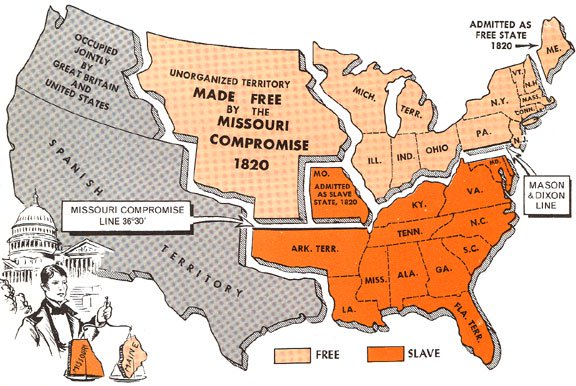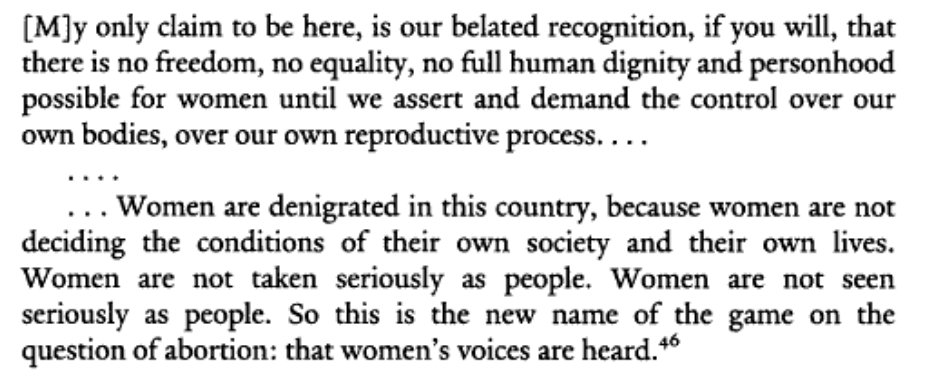
Historian. Author. Professor. Budding Curmudgeon. I study the contrast between image and reality in America, especially in politics. Honorary NAFO fella.
90 subscribers
How to get URL link on X (Twitter) App


 In the 1830s, wealthy slaveowners began to defend slavery as good for white men. But when Indian Removal in 1830s pushed native people off rich cotton lands, land prices skyrocketed and forced many whites into poverty (see @rothmanistan's Flush Times and Fever Dreams). /2
In the 1830s, wealthy slaveowners began to defend slavery as good for white men. But when Indian Removal in 1830s pushed native people off rich cotton lands, land prices skyrocketed and forced many whites into poverty (see @rothmanistan's Flush Times and Fever Dreams). /2 

 In 1951, young Taft believer William F. Buckley Jr. wrote God and Man at Yale, saying that Enlightenment idea of making fact-based arguments must be wrong because voters kept choosing active gov't, which was bad by definition. /41
In 1951, young Taft believer William F. Buckley Jr. wrote God and Man at Yale, saying that Enlightenment idea of making fact-based arguments must be wrong because voters kept choosing active gov't, which was bad by definition. /41 

https://twitter.com/baseballcrank/status/1152220958041812992The GOP organized in the 1850s. White northern man had long worried that rich southern slaveholders were taking over the government. In 1854, Congress passed the Kansas-Nebraska Act opening the West, which had been free under the Missouri Compromise, to slavery. /2





















